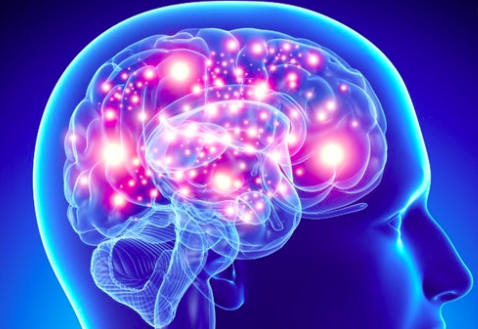As the most common cause of dementia, Alzheimer’s disease (AD) affects hundreds of thousands of people in the U.S. It’s a progressive brain disease which impairs cognition, including memory, behaviors, and thinking. Over time, symptoms worsen and begin to interfere with a person’s ability to perform daily activities.
In people with Alzheimer’s, plaques, or protein deposits, form between nerve cells at a quicker rate, as do tangles, or twisted fibers which accumulate within dead nerve cells. As a result, these damaged nerve cells are unable to transmit necessary electrical signals.
Currently, there is no cure for Alzheimer’s, though some treatments can help to control certain symptoms. In the quest to find a more effective treatment to slow the progression of the disease and potentially even improve symptoms in patients, researchers are turning to regenerative medicine therapies, including stem cell treatment.
Stem Cell Therapy for Alzheimer’s Disease
Stem cells help the body’s own healing mechanisms work more effectively in degenerative conditions such as Alzheimer’s. For instance, some studies have shown immunomodulatory effects, which help to disable the abnormal attack on healthy brain tissue. In others, stem cell transplantation has led to the proliferation or replacement of diseased cells at the specific areas where cells have begun to degenerate.
Stem cells have the ability to replicate many unique cell types throughout the body, including nerve cells. Combined with the fact that they can also reproduce quickly, this poises them for the effective regeneration of damaged brain tissue. As a result, stem cell therapy has the potential to deliver the following improvements for people with Alzheimer’s disease:
· Slowed rate of disease progression
· Improved mood and behavior
· Increased energy levels
· Reduced confusion
· Improved memory and cognition
Renowned Alzheimer’s groups such as the Alzheimer’s Association in the U.S. and the Alzheimer’s Society in the U.K. support and encourage the use of stem cell therapy to find new cures and create targeted treatments which would repair the network of cell-to-cell connections that become damaged in the disease.
Although researchers have yet to establish the precise cause for Alzheimer’s disease, stem cells are opening the door into further findings, providing hope and helping to improve the quality of life in patients.
If you or a loved one is suffering from Alzheimer’s and would like to reap the benefits Stem Cell Therapy can deliver to this disease then contact us today!


 St. Petersburg, Florida
St. Petersburg, Florida
